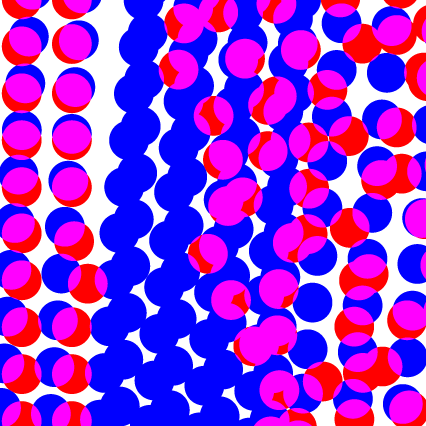
Der Beitrag skizziert Darstellung und vielfältige Funktionen ausgewählter Gegenfiguren im höfischen Roman um 1200. Vom Antikenroman abgesehen begegnen nur selten Gegenspieler auf Augenhöhe, die ein entgegengesetztes Wertsystem repräsentieren und konsequent bis zum Ende gegen den Helden agieren. Die Texte sind protagonistenzentriert; ein gleichwertiges narratives Gegenüber wird kaum entworfen. Insofern wäre der Begriff ‘Antagonist’ für Artus-, Gral- und Tristanroman zu hinterfragen.
In Zeitschrift für deutsches Altertum und deutsche Literatur, 147(4): 419-436.